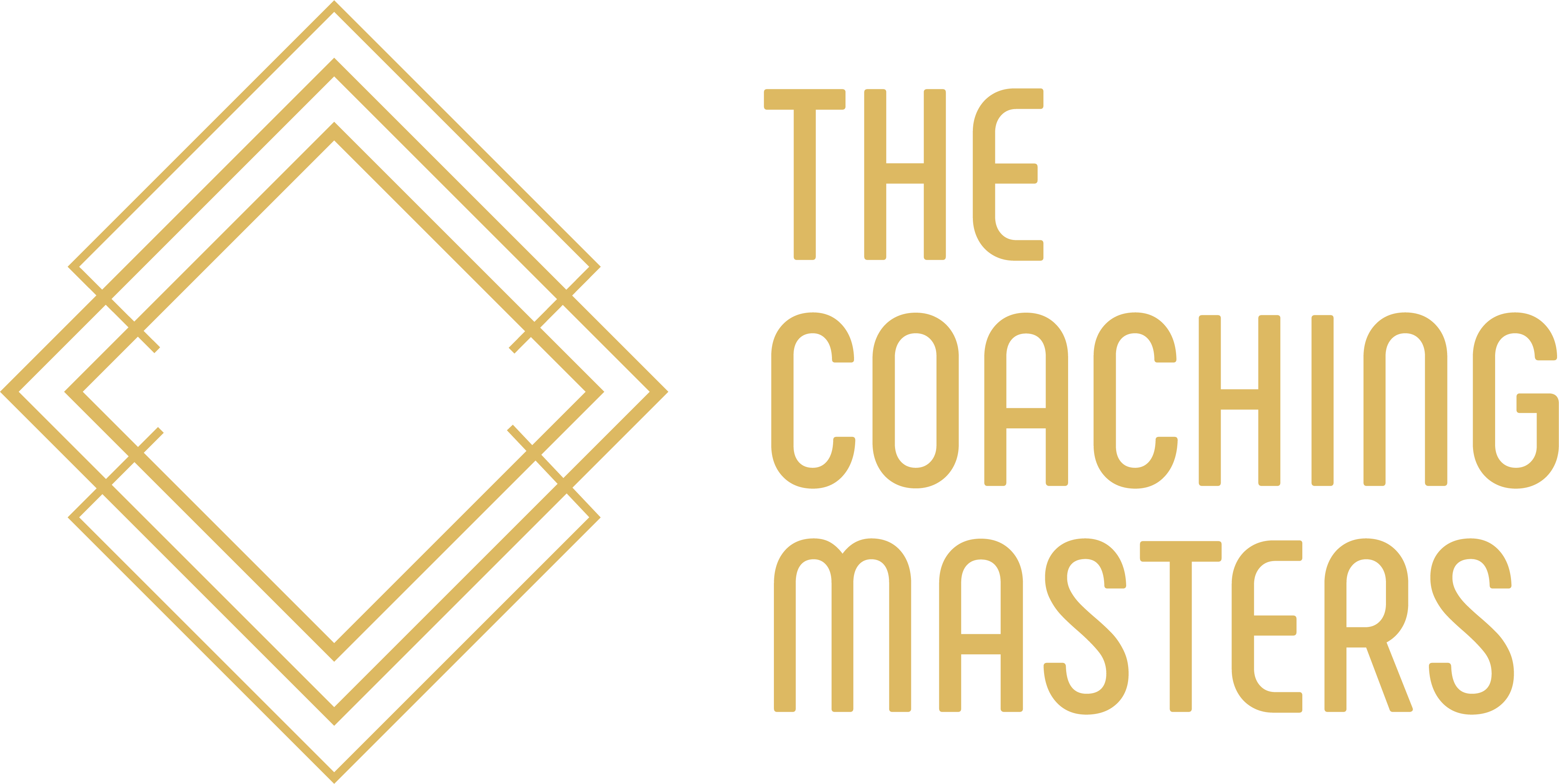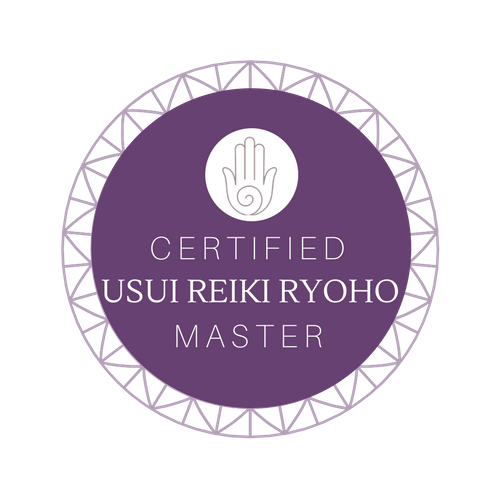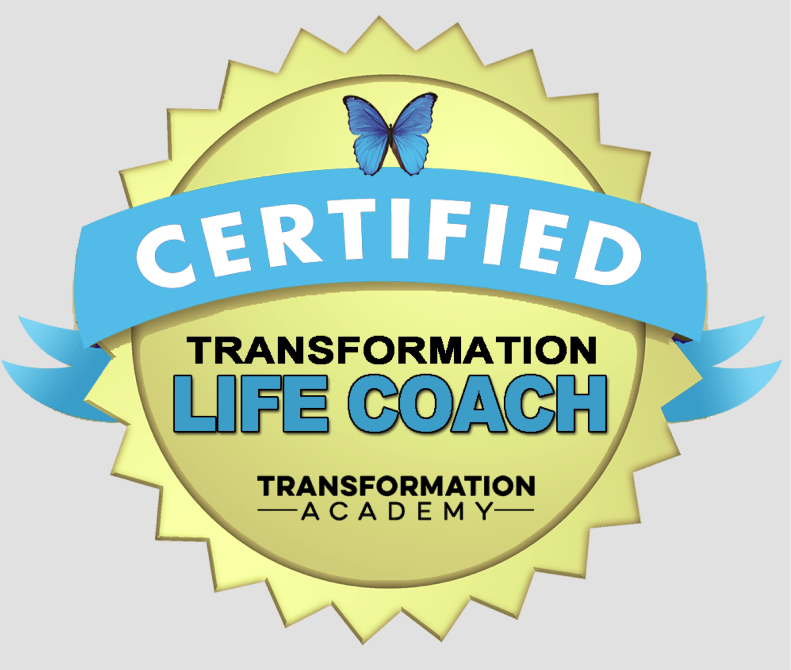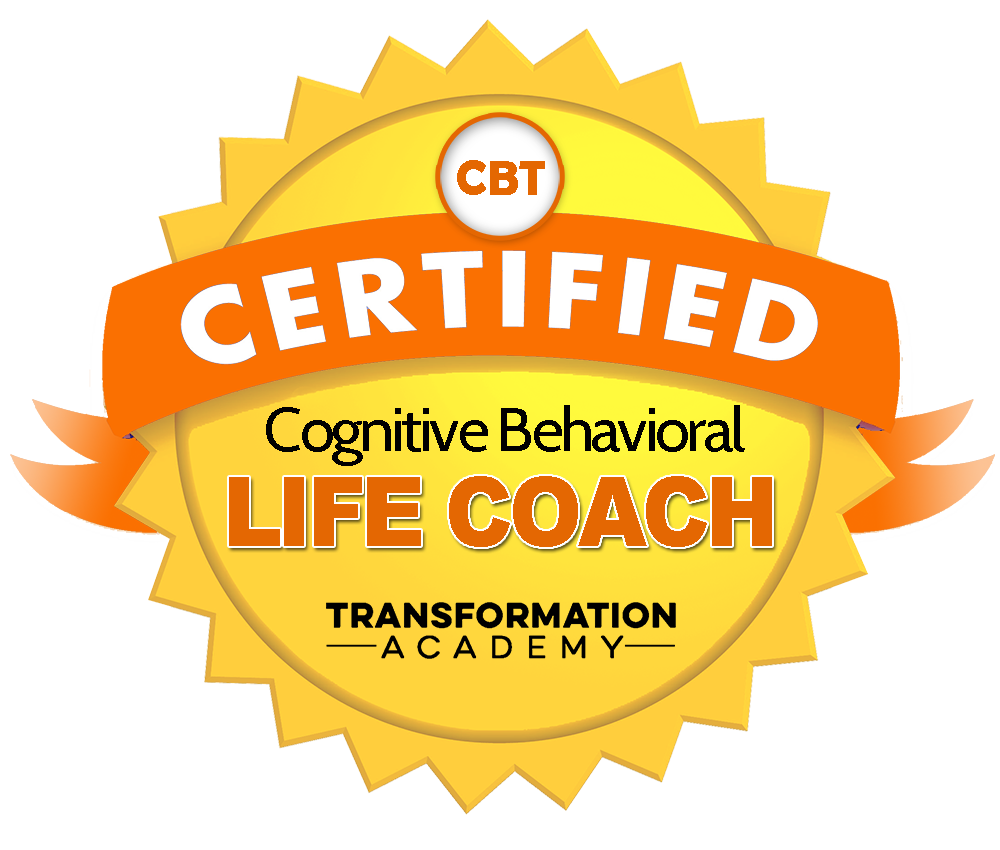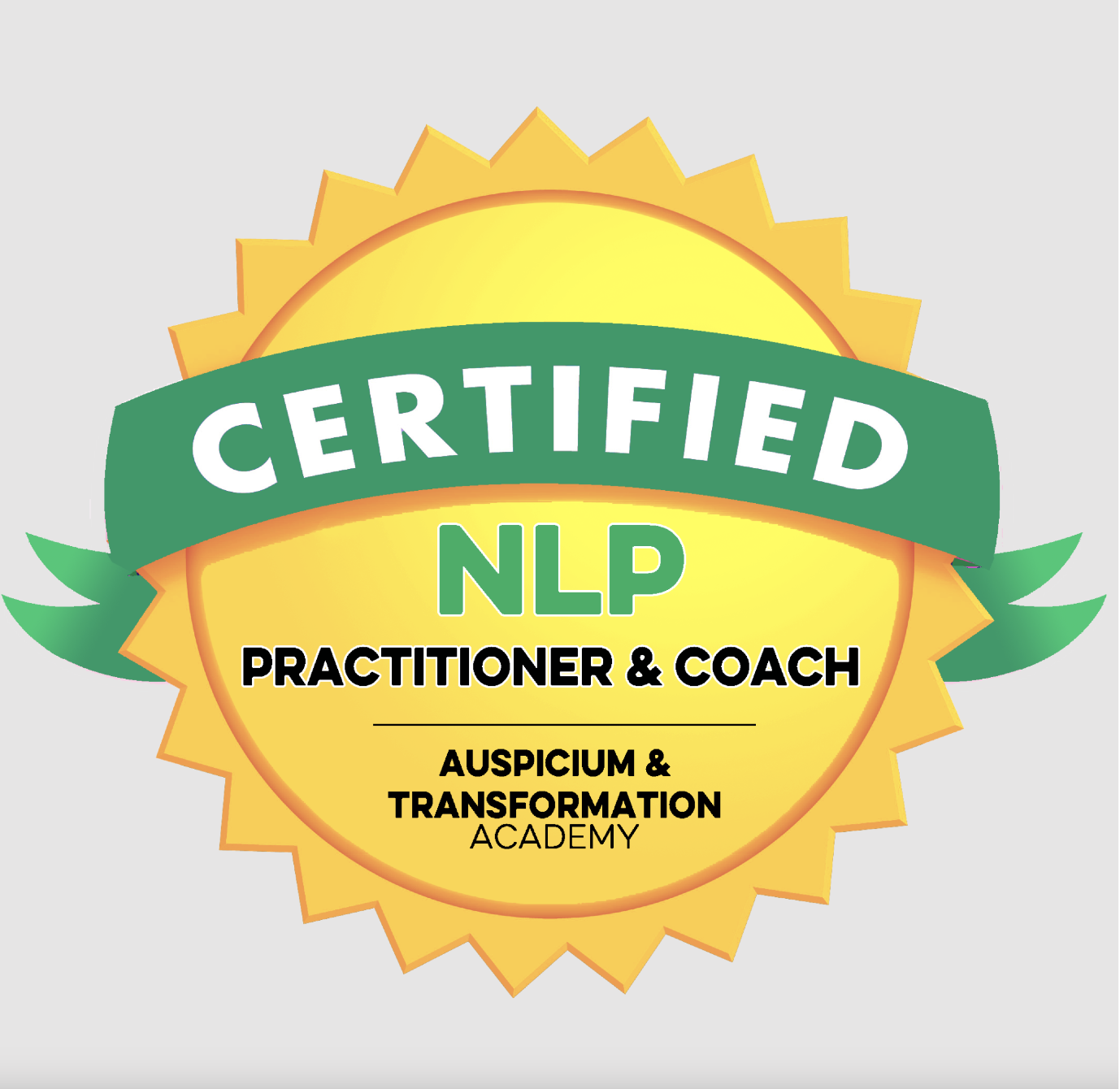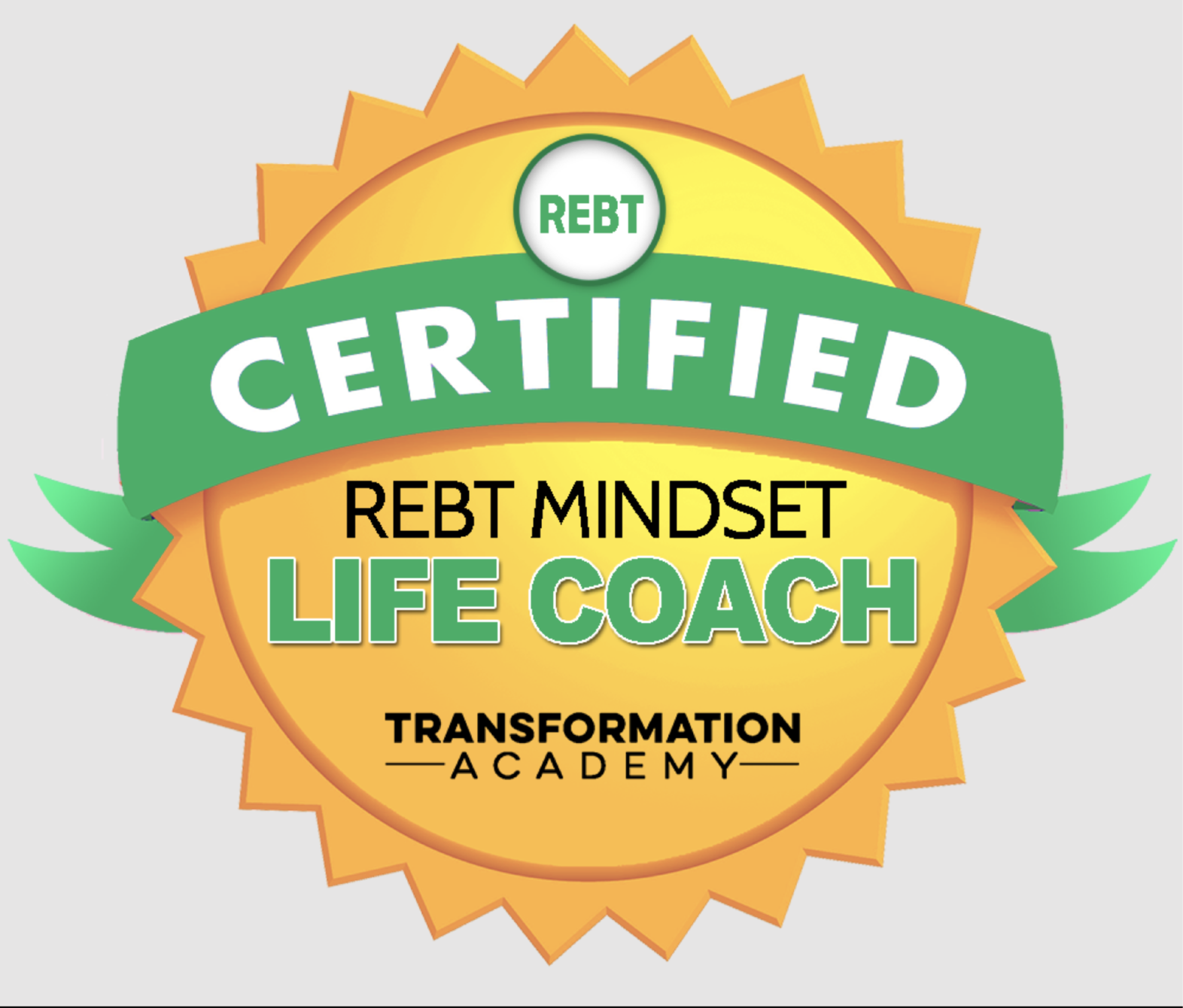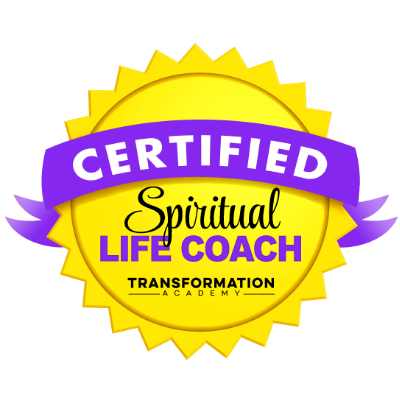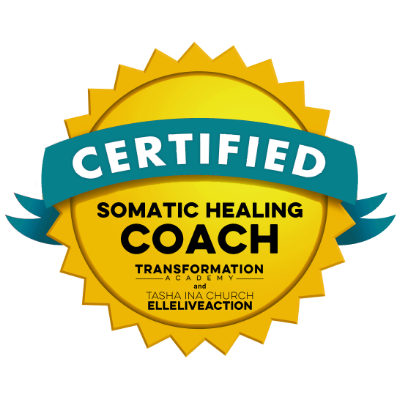The Transformative Power Of Meditation

Unveiling Its Benefits
Meditation, a practice that dates back thousands of years, is more than just a means to relax. It is a powerful tool that can transform your mental, emotional, and physical well-being. In a world where stress and distractions are abundant, meditation offers a sanctuary of peace and self-awareness. This article delves into the multifaceted benefits of meditation and how it can profoundly impact your life.
Stress Reduction: Finding Calm Amid Chaos
One of the most celebrated benefits of meditation is its ability to reduce stress. The practice encourages a state of deep relaxation, where the mind and body can release tension. Through techniques such as mindful breathing, guided imagery, or mantra repetition, meditation helps to lower the stress hormone cortisol. Studies have shown that regular meditation can significantly decrease symptoms of anxiety and stress, leading to a more balanced and serene state of mind.
Enhancing Focus and Concentration
In our fast-paced world, maintaining focus can be challenging. Meditation trains the mind to sustain attention and improve concentration. Techniques such as mindfulness meditation require you to bring your attention back to the present moment whenever it wanders. This repeated practice strengthens your ability to concentrate and enhances cognitive functions, such as memory and learning. As a result, meditation can be particularly beneficial for students and professionals who need to stay sharp and focused.
Improving Sleep Quality
Insomnia and poor sleep quality are common problems in today’s society. Meditation can be a natural remedy for better sleep. By promoting relaxation and reducing stress, meditation helps to calm the mind, making it easier to fall asleep and stay asleep. Practices like guided sleep meditation or progressive muscle relaxation can prepare your body for restful slumber. Over time, consistent meditation can lead to improved sleep patterns and overall better rest.
Fostering Emotional Health
Meditation is not only about calming the mind; it also fosters emotional health. Regular meditation practice has been linked to increased levels of happiness and emotional stability. It helps you develop a positive outlook by allowing you to observe your thoughts and emotions without judgment. This awareness enables you to respond to situations more mindfully rather than reacting impulsively. Furthermore, meditation can cultivate compassion and empathy, improving your relationships with others.
Increasing Self-Awareness
Self-awareness is a cornerstone of personal growth. Meditation provides a reflective space where you can gain insights into your thoughts, behaviours, and habits. Techniques such as mindfulness meditation or loving-kindness meditation encourage introspection and self-inquiry. By regularly engaging in these practices, you can develop a deeper understanding of yourself, recognise patterns that may be holding you back, and make conscious choices to align with your true values and goals.
Boosting Immunity
A lesser-known benefit of meditation is its positive impact on the immune system. Stress and anxiety can weaken the immune response, making you more susceptible to illness. Meditation helps to counteract these effects by promoting relaxation and reducing stress hormones. Some studies suggest that meditation can increase the production of antibodies and improve immune function, helping your body to fight off infections and stay healthy.
Enhancing Creativity
Creativity thrives in a mind that is free from clutter and distraction. Meditation can unlock your creative potential by fostering a state of open awareness. Techniques like open-monitoring meditation encourage you to observe your thoughts without attachment, allowing new ideas and perspectives to emerge. This creative flow can benefit artists, writers, musicians, and anyone seeking innovative solutions to problems. By integrating meditation into your routine, you can tap into a wellspring of inspiration and creativity.
Promoting Longevity
The holistic benefits of meditation extend to promoting longevity and overall well-being. Regular practice can lower blood pressure, improve heart health, and reduce the risk of chronic diseases. Meditation also supports mental health by decreasing symptoms of depression and anxiety, contributing to a higher quality of life. The combined effects of reduced stress, improved sleep, enhanced emotional health, and a stronger immune system create a foundation for a longer, healthier life.
Practical Steps to Begin Meditating
Starting a meditation practice can be simple and accessible. Here are some practical steps to get you started:
1. **Find a Quiet Space**: Choose a quiet and comfortable space where you won’t be disturbed. It can be a corner of a room, a garden, or any place that feels peaceful to you.
2. **Set a Time**: Decide on a specific time for your meditation practice. Consistency is key, so try to meditate at the same time each day, whether it’s in the morning, during a lunch break, or before bed.
3. **Start Small**: Begin with just a few minutes of meditation each day. As you become more comfortable, gradually increase the duration to 10, 20, or even 30 minutes.
4. **Focus on Your Breath**: A simple way to start meditating is to focus on your breath. Pay attention to the sensation of the breath entering and leaving your nostrils. If your mind wanders, gently bring your focus back to your breath.
5. **Use Guided Meditations**: There are many guided meditation resources available online, including apps, videos, and audio recordings. These can provide structure and support as you develop your practice.
Conclusion: Embrace the Journey
Meditation is a powerful tool for transformation. Its benefits extend far beyond relaxation, encompassing physical health, emotional well-being, and personal growth. By incorporating meditation into your daily routine, you can create a foundation for a more balanced, fulfilled, and vibrant life. Start your meditation journey today and unlock the myriad benefits that await.
Click the link below to book your free clarity call or free virtual coffee chat.
Grab a copy of our newletter by completing the form below, this will then be sent to your inbox every month.
My Affirmation For The Week
"Creativity is contagious. Pass it on."
